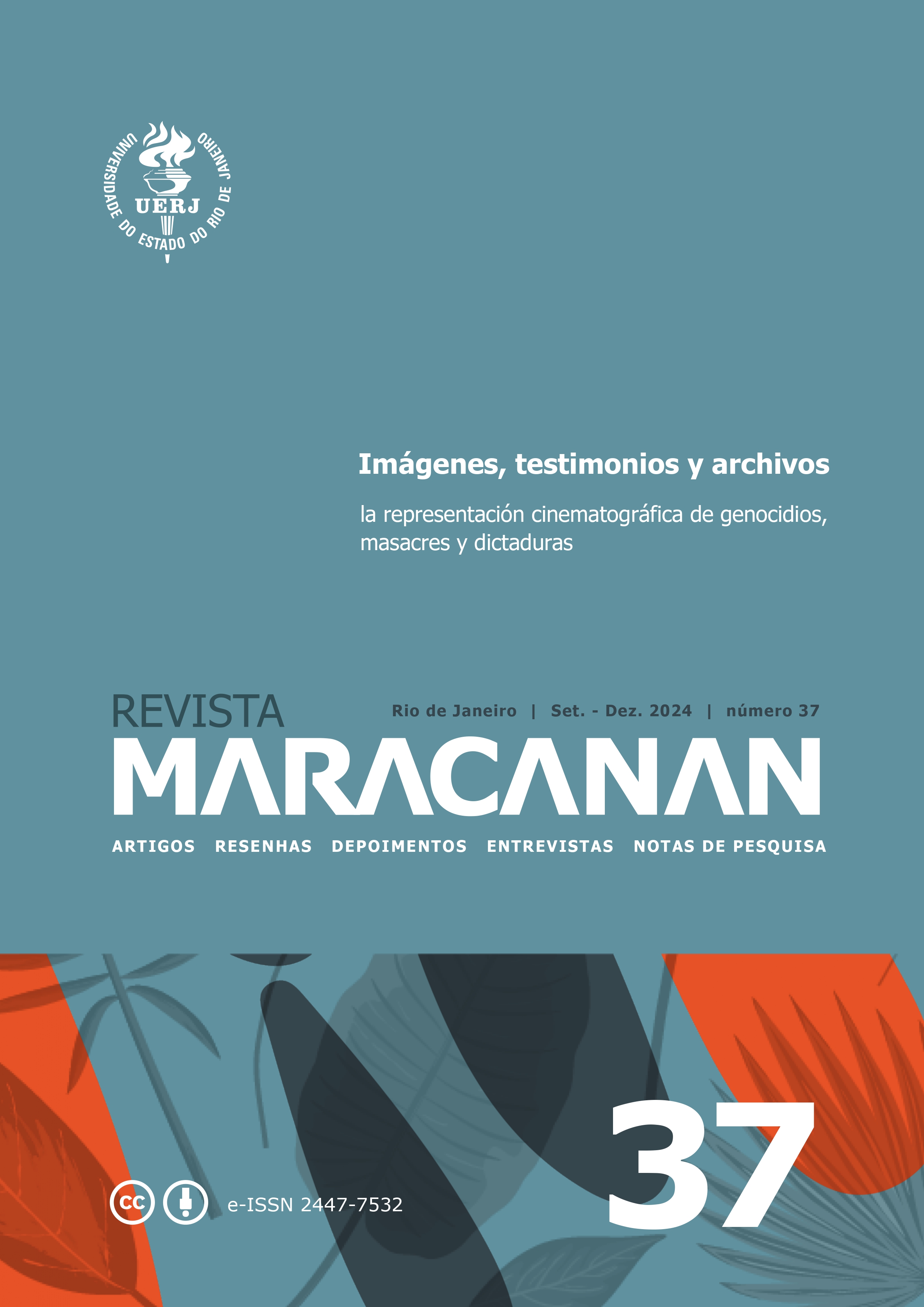60 years since the 1964 coup in Brazil| Interview with Marcos Napolitano
DOI:
https://doi.org/10.12957/revmar.2024.88926Keywords:
Interview, Marcos Napolitano, Brazilian Civil-Military DictatorshipAbstract
Marcos Napolitano, a professor of History at the University of São Paulo, discusses the 60th anniversary of the 1964 coup, emphasizing the need to confront denialist attacks that distort the history of the dictatorship. He warns that, although the debate about the coup and the dictatorship is present, there is a contradiction between this discourse and the lack of an effective institutional memory policy in Brazil. Napolitano sees the absence of a "Transitional Justice" as a factor that contributes to the feeling of disinterest in the authoritarian past. He also believes that, despite students' interest, teaching about the dictatorship in schools is hampered by pressure from the far right and by the lack of time and curricular resources. Napolitano argues that topics such as authoritarianism and democracy should be addressed in a more integrated way throughout the school curriculum, instead of being squeezed into the end of elementary and high school. For him, it is essential to invest in a robust memory policy that transcends governments and that integrates education with awareness of social and political violence in Brazilian history, despite the current difficulties.
References
MORETTIN, Eduardo; NAPOLITANO, Marcos (Orgs.). O cinema e as ditaduras militares. São Paulo: Intermeios/ FAMECOS/FAPESP, 2018.
NAPOLITANO, Marcos. Juventude e Contracultura. São Paulo: Contexto, 2023.
NAPOLITANO, Marcos. Coração Civil: a vida cultural brasileira sob o regime miltar (1964-1985) - ensaio histórico. São Paulo: Intermeios; Casa de Artes e Livros, 2017.
NAPOLITANO, Marcos; KAMINSKI, Rosane (Orgs.). Monumentos, memória e violência. São Paulo: Letra & Voz, 2022.
Downloads
Published
How to Cite
Issue
Section
License
Copyright (c) 2024 Marcos Napolitano

This work is licensed under a Creative Commons Attribution 4.0 International License.
The copyrights of originals and translations published are automatically assigned to Revista Maracanan. The information contained in this papers are the sole responsibility of the authors.
The Copyright of the published articles belong to Revista Maracanan, with works simultaneously licensed under a Creative Commons Attribution-NonCommercial-ShareAlike 4.0 International License, which allows the sharing of work with mandatory recognition of authorship and initial publication in this journal, under the same license and for non-commercial purposes.

The Revista Maracanan is licensed with a Creative Commons Attribution-NonCommercial-ShareAlike 4.0 Internacional License.





